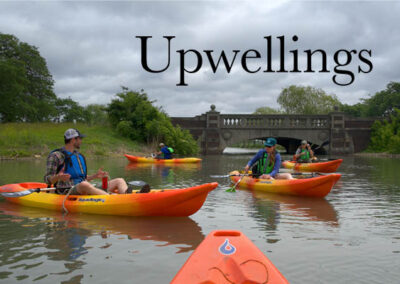Webinar: Lakes Michigan-Huron to Reach Summer Peak in July 2020
July 22, 2020 from 6-7 p.m. EST.
Webinar to Discuss Options for Shore Protection and Stabilization with Expected Erosion
The US Army Corps of Engineers has just released the official July 2020 water levels update which shows that Lakes Michigan-Huron water levels will peak during July at their highest level recorded since accurate records began in 1918. The July 2020 level for Michigan-Huron is forecast to peak 3” higher than the prior highest July record which was set back in 1986. The lakes are currently at about 582.22 feet in elevation versus the past high July monthly average record of 581.99 feet in 1986 – again the highest in 101 “July averages”. If you think you’ve never ever seen the lakes this high in July, you are quite correct.
With this record-high waters, even smaller storms can drive waves to erode beaches and infrastructure. Erosion is to be expected throughout Fall 2020 with these high waters being the enabler of shoreline damage. While there are no easy solutions and erosion is quite site specific due to wave direction, topography and other factors, understanding coastal dynamics can help awareness and planning for coastal resiliency as the coastlines can undergo tremendous changes.
Michigan Sea Grant is pleased to host an evening webinar for all citizens, tribal and municipal officials, Great Lakes shoreline property owners, and other interested persons to explain wave dynamics and coastal engineering approaches. Topics will include bank toe erosion and slope stability; the role of nature-based solutions where appropriate; what water levels/waves one should design for; ice issues; and benefits of collaborating with shoreline neighbors. Michigan Sea Grant has invited Great Lakes coastal engineering practitioner Margaret Boshek to lead this discussion.
Zoom link / Registration: https://bit.ly/GLshorelines
The webinar will be recorded and made available on Michigan Sea Grant’s YouTube page with optional closed captions.


